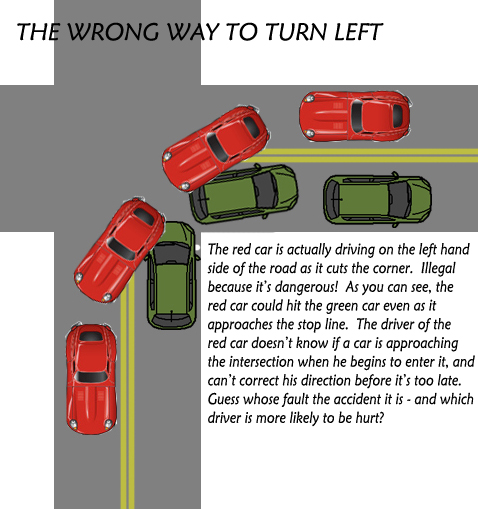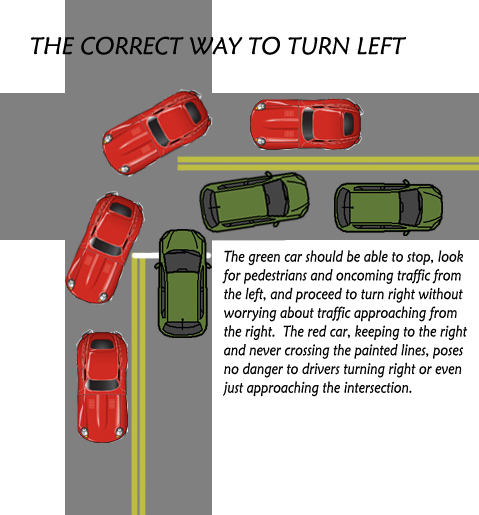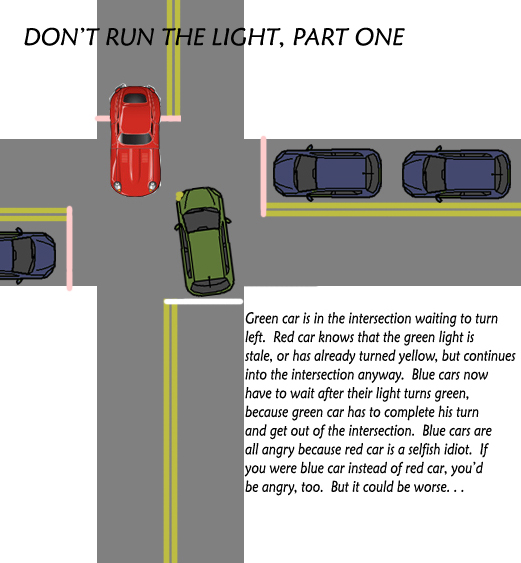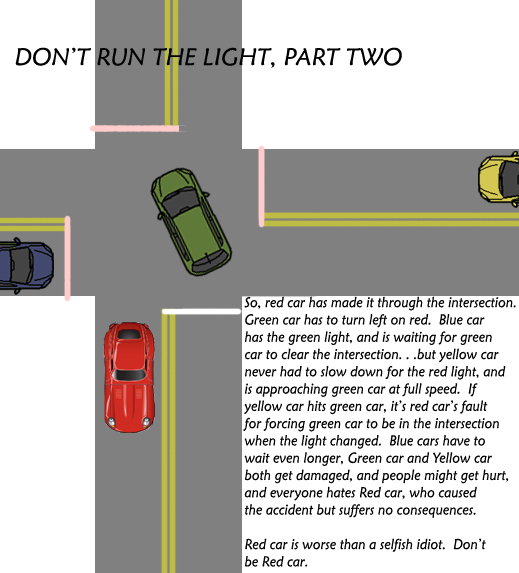I’ve been seeing this all over lately (not just from band kids; don’t get paranoid), people who are quitting something, or someone, and I’ve been thinking about why people quit and whether or not they should, and what leads to it, and whether they’re serious when they say they’re going to quit. . .I’m not sure if there seems to be a lot of it going around lately, or whether I’m just noticing it more.
I don’t want to go into lecture mode. I’ve done my share of quitting, and sometimes my reasons have not been the best. I think maybe I’m trying to understand why I’m finding some people’s reasons more legitimate than others by relating them to my own experiences, or maybe I’m becoming aware of mistakes I made both in committing to something I might not be able to stick with, or quitting for the wrong reasons. I just know that when I look at what other people are doing, I don’t want to just decide if it’s right or wrong, I want to know why I think it’s right or wrong, and what I’ve done or learned from doing that makes me feel that way.
A lot of times I think that we’re encouraged to make commitments, or expected to make commitments, and make them to avoid having to think about why we don’t want to. We’re supposed to go to college, get married, have children, buy a house, for example, which means that many people who shouldn’t do these things do them, and end up unhappy and maybe even failing, because they committed to something they probably knew deep down was not really what they wanted. Worse, by the time they realize that it’s never going to work out, their desire to quit is made even more complicated by the fact that other people are involved, and the negative impact quitting would have on them is just as important a consideration as is the negative impact of continuing on the person who is unhappy. I know that my feelings on these type of commitments is colored by my own experience, as well as by watching the experiences of those around me, so if I say something here that sounds judgmental or absolutist, that’s unintentional. I’m just trying to figure out the whys and wherefores.
I think we should encourage people to make commitments, to try sticking things out enough to really give them a chance, but the things that should be committed to shouldn’t be a generic laundry list for everyone. When things aren’t working out, or have reached a particularly difficult point, we all find that we have a strong desire to quit, and very often a reasonable sounding opportunity presents itself. We have a fight with someone, or a better opportunity comes up, or another commitment takes precedence. . .however, sometimes we have to make them up in order to get out of whatever it is that we no longer wish to be a part of. I know I’ve done that, and I can’t think of anyone who hasn’t at least once or twice taken offense where none was intended to precipitate that fight, or cultivated that other opportunity well before quitting, or shifted our priorities around to make it seem like our commitments were in conflict. Even though I’ve done this, I’ve tried to teach my daughters to stick with things at least until they have had a chance to weather the rough times and see if their desire to quit is only situational. We’ve put reasonable time limits – you have to do this for a year, or for a season (as in band, or a team sport, or anything that requires a consistent and predictable number of people for success – and lasts for less than a year for all practical purposes) and then if you don’t like it, you can quit. Just try performing in a recital once to see if you like it. Do one competition and then decide if you want to compete or not. Stick it out until the teacher/coach/team leader can find a replacement. The idea is that there is a culmination or an end goal, and that once you’ve gone through the full cycle and reached that finale, you have a taste of the commitment from beginning to end and can make a more informed decision about whether or not to quit.
Those kind of commitments, though, seem to be connected more with our young lives. Once we get older, we’re supposed to pick something and then do it forever. The type of experience we have during our school years in no way prepares us for that. We can do something in Middle School for a year, or two, or three. We can do something in High School for a year or four and move on – and we can make a four year commitment that obligates us only once or twice a week for nine months out of each year! College gives us opportunities galore to get our feet wet and then move on without finishing what we started. No matter how well we’ve learned to follow through, we’ve still got so many chances to try something for just a bit and drop it if we don’t want to do it anymore that the lesson can easily fall by the wayside. And then we’re supposed to pick a major that will prepare us for the job we will do for the rest of our lives. Then we’re supposed to get a job – and even if we don’t stay with the same company, we’re supposed to plan a career path that takes us upward and keeps us employed in a particular area until we’re allowed to retire. And we’re supposed to pick someone to stay with for the rest of our lives (thankfully, this one does frequently work, but it would work more often if some of the pressure eased up) and have children and raise them to do the exact same thing (also something that would work better if more personal choice were respected.) I don’t think anyone needs to be reminded about what happens when people cave to the expectation that they possess certain things like houses and cars when the reality is that they should wait or not get those things in the first place. All these “adult” commitments carry a hefty burden and can have a load of negative repercussions for quitting – or failing – and sometimes the best way to avoid quitting is to avoid committing in the first place.
Now that I’m mulling it over, I’m starting to see that we need more opportunities for short term commitments, and more opportunities to make longer but still limited commitments, because we can’t possibly know what they might entail when they make the jump from a year or a season to a lifetime. It’s easy to think something will be great when you first start, but not realize what might change over time, whether it’s the situation or your attitude or your abilities to keep up. Somewhere there’s a line, though, because we learn important things when we stick things out through rough times. We need to be able to make commitments for limited times and complete our obligations, because we need to know how to put up with difficulties and work through them. We need opportunities to make different kinds of commitments so we can learn what is really important to us – is the end result worth the hassles in the middle? Is it worth it enough to keep doing it, or to do the same thing with different people, or do something similar in a different area? We can’t possibly know whether or not we want to do something for a long term unless we’ve had the chance to try it out on a smaller scale.
What I can’t put my finger on, though, is where those changes should be made. Certainly, some people have taken the reins in this by no longer expecting to get a job and stay with the company until they retire (even if that all started because corporations were treating people as expendable!) or by spreading out their education or changing schools and majors as they learn more about themselves. And I think, just as certainly, that some commitments cannot be shortened – children, for example, are not a commitment that has an expiration date. Somewhere, though, there has to be more compromise. Perhaps it’s because I’m older that I don’t think it’s unreasonable to stick out a school year. That period of time is a much smaller segment of my life than it was when I was a quarter of the age I am now. And certainly because I’m older I think that some ages are too young to insist on a lifetime future commitment. However, the more I talk to myself here the more I realize that there are many occasions when it would have been better to say up front “I’m going to try this for X number of years and then decide if I want to continue” than to realize I was in over my head, or didn’t like it as much as I thought I would, or find I’d bitten off more than I could chew and then had to quit, leaving people in the lurch.
I know that I’ve learned a lot from sticking with things even when I was dissatisfied or unhappy. Maybe, though, I would have been less dissatisfied or unhappy if I had set limitations in the first place? I do know that I’ve learned that I prefer honesty to excuses, negotiating to complaining, and confrontation to stewing in anger, and after writing this, I’m thinking those things need to be front-end-loaded rather than brought out when I’m starting to think of quitting. Sometimes I’ve ended up not quitting when I’ve been honest, negotiated, and confronted (but not aggressively, of course!) and the problems were cleared up.
I guess, then, that I’ve been talking to myself here, rather than anyone whose talk of quitting got me to thinking in the first place. Commitments need to be fixed in scope and time period. Commitments need to be adhered to within that scope and time period. Dissatisfaction or unhappiness do not negate the commitment, and those feelings need to be conveyed to the relevant people associated with the commitment so that problems and conflicts can be resolved. Decisions about future commitments need to be considered based on previous experiences, and limitations about the scope and time period need to be set in advance, both for the initial and any future commitments. And if, despite all that, I want to quit, I won’t make excuses or lie about my reasons, even if I have to parse them in such a way that feelings are spared. If I do, I’m doing no good to myself or anyone else. So perhaps the person I needed to lecture about quitting was myself. . .



